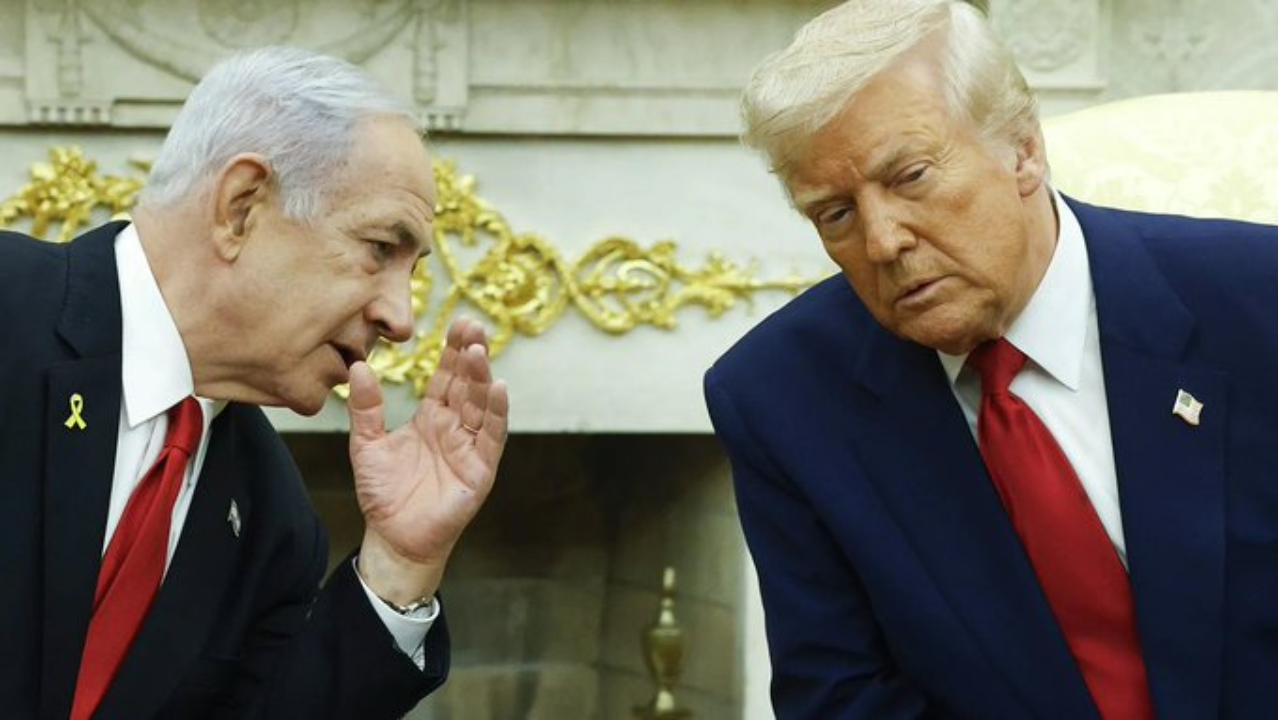
Post by : Naveen Mittal
Former U.S. President Donald Trump has said that Israeli Prime Minister Benjamin Netanyahu did not inform him before Israel launched a missile strike in Qatar aimed at killing Hamas leaders. The strike, which targeted political figures of the Palestinian group, shocked the region and drew sharp criticism from Arab and international leaders.
The incident highlights growing tensions in the Middle East, where Israel’s war in Gaza has already claimed tens of thousands of lives. Washington, which maintains close ties with both Israel and Qatar, now faces a diplomatic challenge as it tries to balance its support for Israel with its strategic partnership with Doha, a country playing a key role as a mediator in ceasefire talks.
Speaking to reporters on Monday, Trump was asked whether Netanyahu had spoken to him personally before Israel carried out the strike in Qatar. Trump replied clearly: “No, no, they didn’t.”
According to Trump, his administration was only notified after the missiles had already been launched, leaving no chance to intervene or stop the strike.
However, reports citing Israeli officials suggested that the White House may have been informed earlier, even if the window to act would have been very narrow. Despite this, Netanyahu’s office maintained that the attack was entirely Israel’s decision and described it as a “wholly independent” operation.
Israel’s operation in Qatar was aimed at eliminating senior Hamas political leaders who, according to Israeli intelligence, were continuing to direct operations in Gaza and other areas.
The attack marked a major escalation in Israel’s military strategy. Until now, most Israeli operations had been concentrated in Gaza, southern Lebanon, Syria, and Yemen. Striking in Qatar—an influential Gulf state and U.S. ally—was seen as a bold and risky step.
Qatar strongly condemned the strike, calling it a violation of its sovereignty and an attack that could destabilize the entire region. Other Arab and Islamic countries joined in condemning the action, while many international observers warned it could derail mediation efforts for peace.
For months, Qatar has served as a key mediator between Israel and Hamas, working alongside Egypt and the United States to try to arrange a ceasefire in Gaza. Doha’s role has been critical because it hosts Hamas political leaders and maintains open communication channels with multiple sides.
The strike on Qatari soil was seen as undermining these mediation efforts. Many analysts said it risked further isolating Israel diplomatically and reducing the chances of securing a humanitarian pause in Gaza, where civilians continue to suffer amid bombings, displacement, and starvation.
The attack in Qatar comes against the backdrop of Israel’s ongoing war in Gaza, which began in October 2023 after Hamas fighters launched a surprise assault in southern Israel. That attack killed about 1,200 people and saw more than 250 hostages taken into Gaza.
In response, Israel launched a full-scale military campaign in Gaza that has since killed tens of thousands of Palestinians, displaced the entire population, and triggered a humanitarian crisis described by many experts as man-made famine.
Israel denies allegations of genocide, arguing that its military operations are acts of self-defense aimed at defeating Hamas. Critics, however, including UN experts and many human rights groups, say the scale of civilian suffering goes far beyond self-defense and meets the legal definition of genocide.
In addition to Gaza, Israel has expanded its military operations into neighboring countries. Airstrikes have targeted areas in Lebanon, Syria, Yemen, and even Iran in attempts to weaken groups allied with Hamas or supportive of the Palestinian cause.
The strike in Qatar, however, was different. Qatar is not at war with Israel and has acted as a diplomatic go-between. Targeting Hamas leaders on Qatari territory risks opening a new front in the conflict, one that could drag Gulf states more deeply into the crisis.
Washington now faces the challenge of balancing its alliance with Israel and its partnership with Qatar. The United States has a large military base in Qatar and relies on the Gulf state for strategic operations across the Middle East. At the same time, Israel remains one of America’s closest allies.
Trump expressed his dissatisfaction with the strike, suggesting it did not serve U.S. or Israeli interests and could worsen tensions. He emphasized that the U.S. was not consulted and did not approve the operation.
Still, critics argue that the U.S. bears some responsibility for enabling Israel’s actions by providing ongoing military support, even as humanitarian concerns mount.
The strike drew widespread criticism:
Arab states condemned the violation of Qatari sovereignty.
International observers warned that the strike could derail ceasefire efforts.
Rights groups said the attack risked escalating violence across the Middle East.
Even some Western governments expressed concern that targeting political leaders on foreign soil could set a dangerous precedent and undermine international law.
While political debates continue, the people of Gaza remain at the center of the crisis. The war has destroyed homes, hospitals, and basic infrastructure. Food shortages have left many families starving, while access to medicine and clean water is extremely limited.
Aid groups say conditions in Gaza are among the worst humanitarian crises in recent history. Many fear that new escalations, such as the strike in Qatar, will only make it harder to deliver aid or achieve even a temporary ceasefire.
The fallout from Israel’s strike in Qatar is still unfolding. Diplomats are now scrambling to prevent further escalation and to keep mediation efforts alive.
For Israel, the attack may strengthen its stance against Hamas, but it also risks alienating key regional partners. For Qatar, the strike is a violation of sovereignty but also a test of its role as a mediator.
For the U.S., the incident highlights the difficulty of managing alliances in a region where every decision carries high stakes. Trump’s insistence that he was not warned may shield him from blame, but it also raises questions about communication and trust between Washington and Jerusalem.
The strike in Qatar is more than just another episode in Israel’s war with Hamas—it represents a dangerous expansion of the conflict into new territory. Trump’s statement that he was not informed by Netanyahu beforehand underscores the complexity of U.S.-Israel relations and the growing risks for the wider Middle East.
As Gaza suffers and regional tensions rise, the world faces a critical question: how much further can this conflict spread before it sparks an even larger war?
#qatar #israel #trump #netanyahu #hamas #gazawar #middleeast #uspolitics #ceasefire #globalpeace


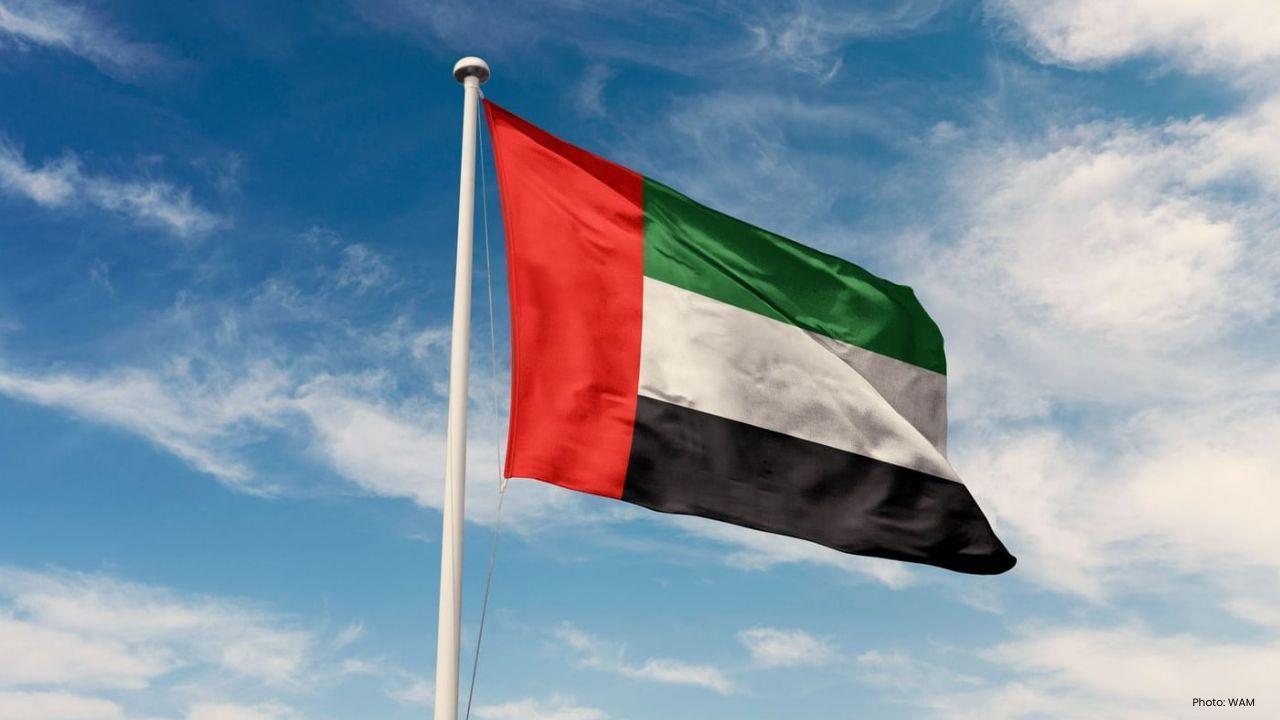
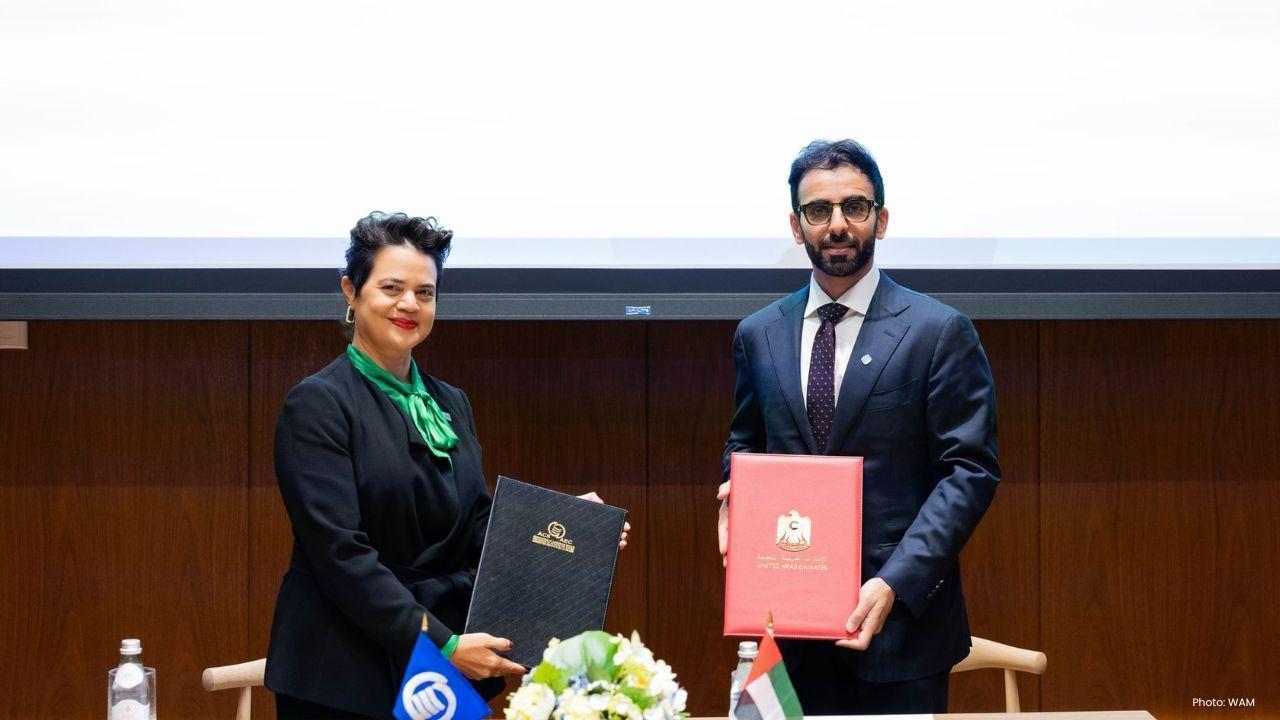


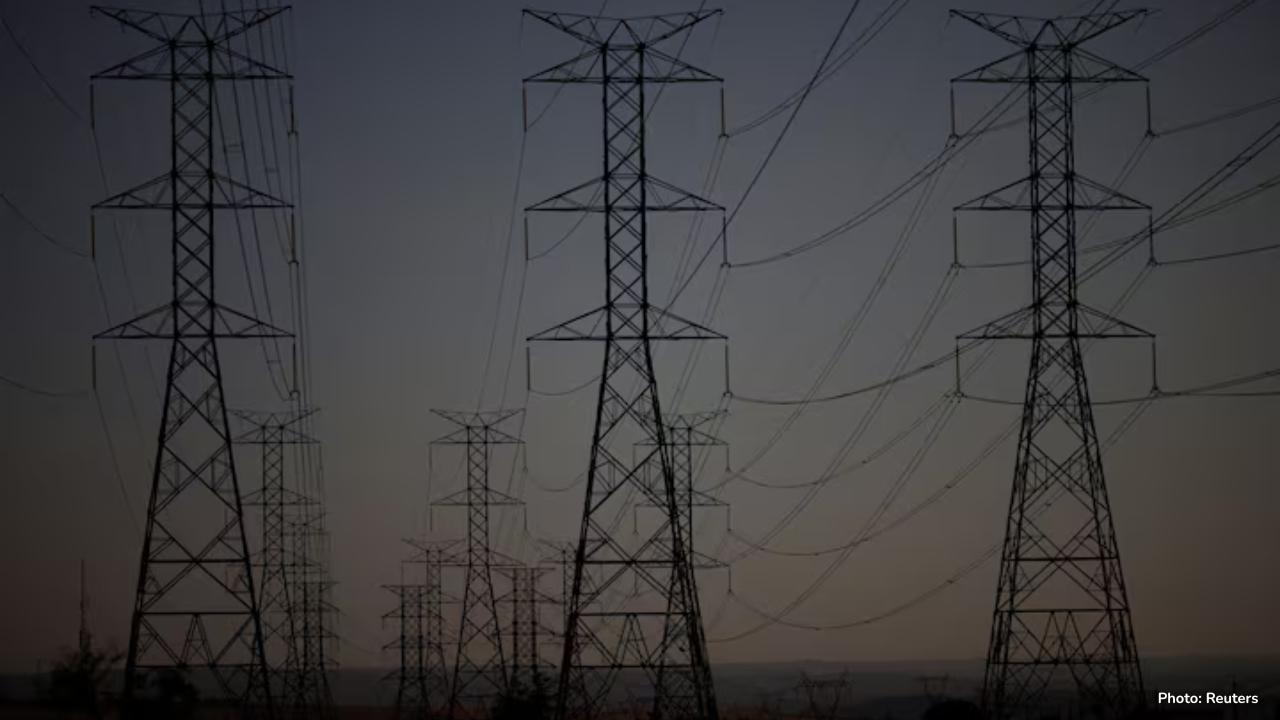

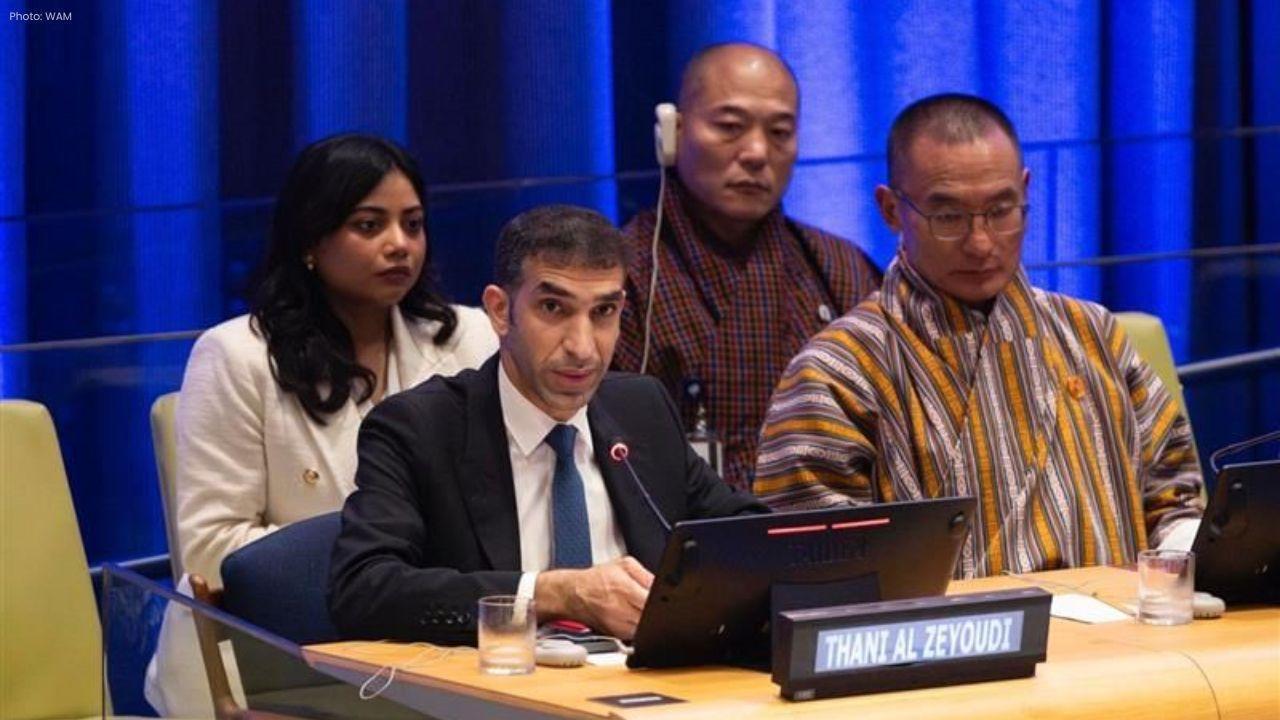

OpenAI's Revenue Soars to $4.3 Billion in First Half of 2025
OpenAI's revenue reaches $4.3 billion in the first half of 2025, marking a 16% increase from the pre

UAE Leaders Send Condolences to Saudi King Over Princess Abta's Death
UAE rulers and crown princes sent heartfelt messages to King Salman, mourning the passing of Princes

Brazil's Surplus Clean Energy Attracts Crypto Miners
Brazil's excess renewable energy is luring cryptocurrency miners. Companies like Tether and Renova E

Visa Tests Stablecoins to Make Global Payments Faster
Visa is testing stablecoins for international payments, aiming to speed up transactions and reduce t

Opera Unveils Neon AI Browser for Smarter Web Browsing
Opera introduces Neon, an AI-powered browser that automates tasks and enhances privacy, aiming to re

Albanese Visits Sheikh Zayed Grand Mosque in Abu Dhabi
Australian PM Albanese tours Sheikh Zayed Grand Mosque, highlighting peace, tolerance, and cultural